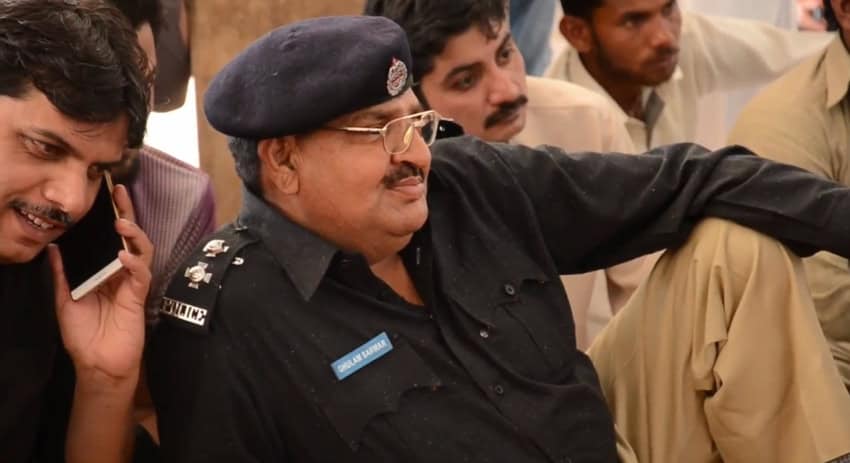ISLAMABAD – Heinrich Boell Stiftung Islamabad-Pakistan, in partnership with DAAD German Academic Exchange Service, held a screening of Aurélie Salvaire’s documentary ‘Mard Ban’ (Be A Man) at the hbs Pakistan office on Thursday.
Salvaire is a French social entrepreneur and documentary filmmaker, who has been working towards raising awareness and action for a more gender balanced world.
Salvaire’s documentary explores how patriarchy in Pakistan impacts men’s self-perception, action and behaviour. The film views the concept of toxic masculinity and how society can work together to curb behaviour and attitudes that are not only detrimental to women but men themselves. The 28 minutes of film features interviews from the famous South Asia feminist Kamla Bhasin, the human rights lawyer Jibran Nasir or the UN Women Country Representative Jamshed M Kazi on how men need to be more in touch with their emotions.
The screening was geared towards the country’s youth with the aim of engaging them in fruitful discourse regarding gender norms and roles, while also providing a safe space where they can understand and express their views. About seventy students from various universities and a few professionals engaged with filmmaker Salvaire through a webinar where they asked her questions regarding the documentary process and how they can initiate conversations regarding men’s role as victims of patriarchy but also and become feminist allies to bring more equality in society.
Salvaire commented, “We think most of the conversations focus on women empowerment but 2017 sexual harassment scandals and the #metoo campaign showed us that men need to reflect deeply on what it means to be a man as well”. Public Relations and Communications Manager, Mavra Bari also discussed the pressing need for a shift in narrative when talking about patriarchy, power, gender roles and violence against women. “For too long women have been the passive victims of patriarchy and men the invisible perpetrators but a more nuanced understanding of our current gender order needs to show the varying degrees and qualities of oppression”.
The event also carried out questionnaires from students and asked them their unique experiences of life as man, woman or transgender before and after the screening to see whether attitudes and perception of not only patriarchal power but their own position in the system had changed. Concepts such as consent, privilege and inter-sectionality were also discussed and young people expressed that a change had been felt by having an inclusive discussion.














